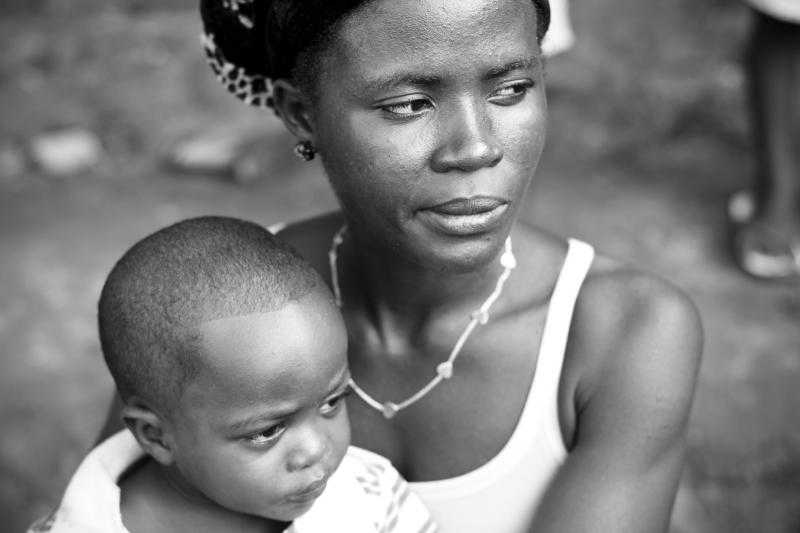
The sight of money from early childhood has been shown to shape a toddler’s brain according to a new research-the first of its kind on money and cognition.
The study, Baby's First Years, was carried out in the USA by scientists at Columbia University to support a proposed Safety Net Policy Bill for providing poor mothers with financial aid and subsidies.
While being wealthy or poor has been previously linked to weaker cognitive skills in school, but the research found experimental evidence showing how growing up in poverty extends to babies' brain structure and function.